Mungindi is a small rural and remote border town, divided by the Barwon River 120 kilometres North West of Moree. Built on the land of the Gamilaroi people and established in 1893, Mungindi Central School has a proud history that celebrates the positive traditions of our past, while embracing the challenges of our future. A preschool to year 12 comprehensive school, Mungindi Central has committed to an ethos of lifelong learning as staff, students and community work together to foster successful learners who are confident, creative individuals and active and informed citizens.
Despite the remoteness of the location, the main school population including teaching staff, remains stable. This continuity and connectedness to community provides students with a committed, qualified and dedicated staff that provide a breadth of skills and interests that support students beyond curriculum learning. This is demonstrated by the wealth of programs and initiatives that are offered at the school, such as a breakfast club, Premier Reading and Sporting Challenges, and STEAM. With a low student to teacher ratio, Mungindi Central School is able to recognise the individual needs and talents of every child and provide appropriate tailored educational opportunities that recognise and respond to each student's unique strengths, interests and skills, allowing students to reach their optimum potential.
While academic achievement is the foundation stone of the school, students enjoy a dynamic and rich educational environment that fosters the love of learning and enjoyment of the school experience. Student participation and achievement is encouraged in the academic, cultural and sporting areas of the curriculum and recognised in both the school and local community. Mungindi is a regional centre, with the school being a hub for community involvement and participation. The school actively seeks to be a part of the community and invite the community to work together with the school. The region itself offers surprising depth within the cultural and social opportunities available. These close community ties support the development of the students and provide a wealth of extra-curricular, volunteering, work placement and learning opportunities that often addresses the inequity within the remoteness of the region.











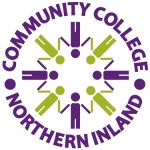 Education
Education
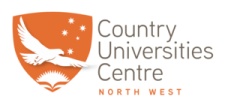 Education
Education
 Education
Education
 Education
Education
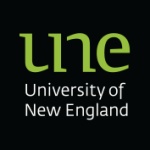 Education
Education
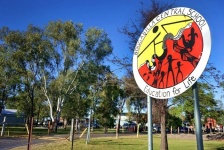 Schools
Schools
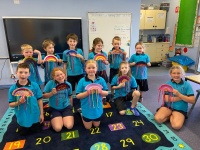 Schools
Schools
 Schools
Schools
 Schools
Schools
 Schools
Schools
 Schools
Schools
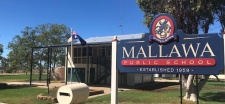 Schools
Schools
 Schools
Schools
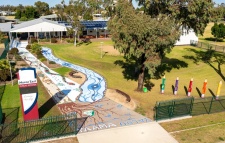 Schools
Schools
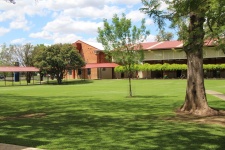 Schools
Schools
 Schools
Schools
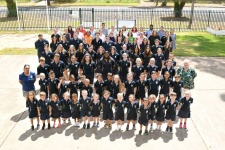 Schools
Schools
 Schools
Schools
 Schools
Schools
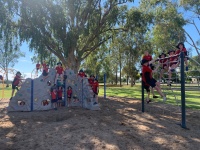 Schools
Schools
 Schools
Schools
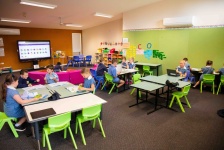 Schools
Schools
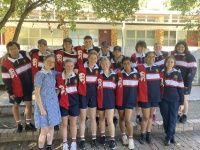 Schools
Schools
 Schools
Schools
 Schools
Schools
 Schools
Schools
 Schools
Schools
 Schools
Schools
 Childcare
Childcare
 Childcare
Childcare
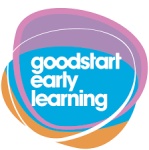 Childcare
Childcare
 Childcare
Childcare
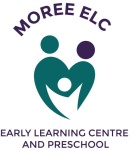 Childcare
Childcare
 Childcare
Childcare
 Childcare
Childcare

 Find Your Dream Home in the Moree Plains Shire
Find Your Dream Home in the Moree Plains Shire
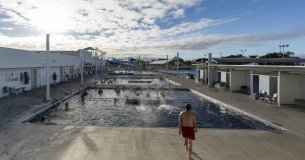 Recreation in the Moree Plains Shire
Recreation in the Moree Plains Shire


